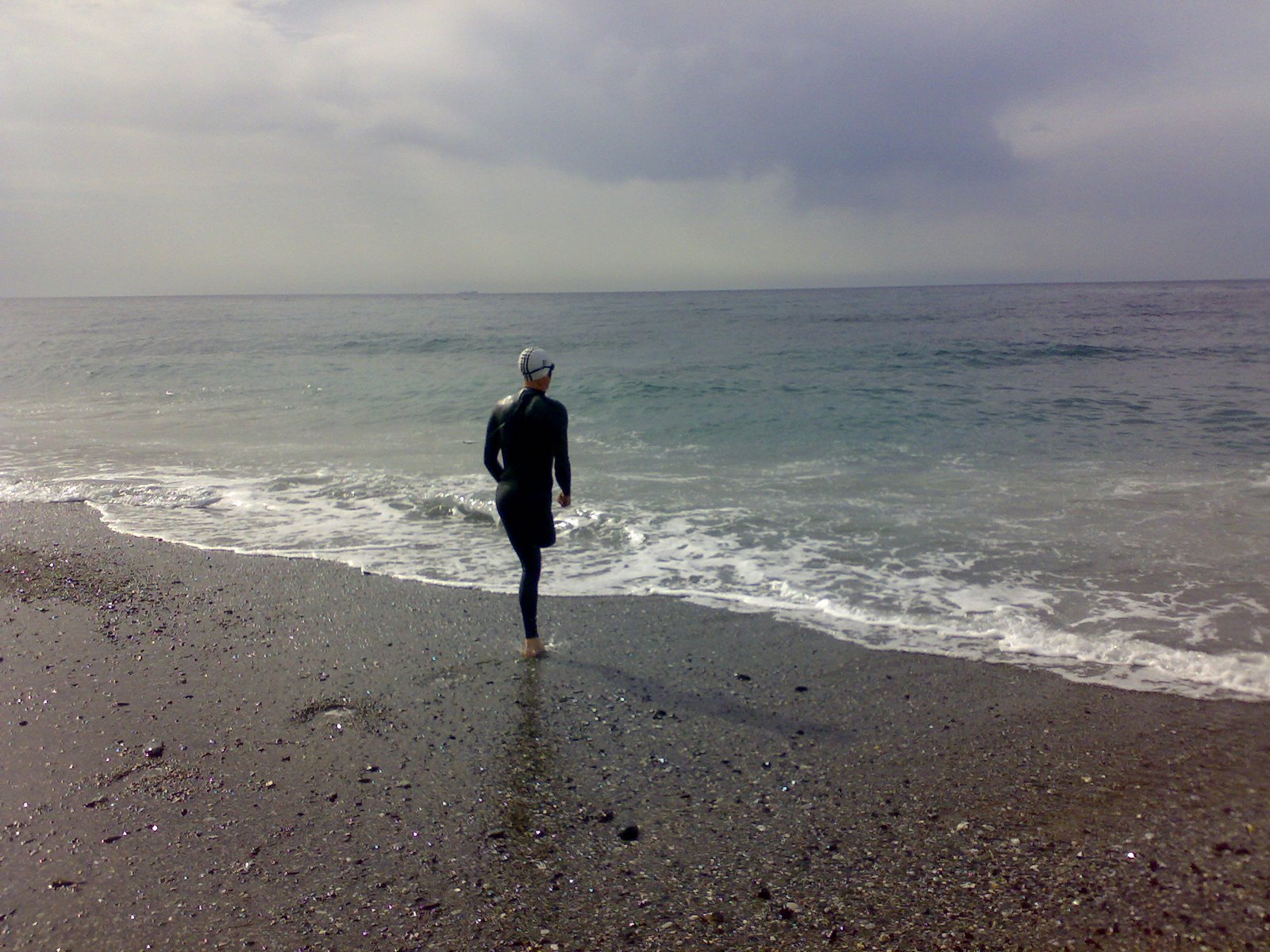

Istituto Tecnico per Geometri "MAX FABIANI"
Trieste, 31 ottobre 2009
Meeting with students of Trieste
I’d like to express my satisfaction and pride at being with you,and thank you for the enthusiasm and affection I’ve found in your community.
The support I received during my tour of Italy first, and then during my tour of Europe help me to work with conviction and enthusiasm. It’s these moments of participation and sharing which contribute greatly to building a society which is more aware, more careful, more sensitive and more welcoming towards the disabled.
Disability represents an insidious obstacle in daily life. The limitations which result compromise many things which people consider normal. Pathologies such as hereditary or congenital illnesses can create this problem. Young people for example are frequent victims of road accidents which can confine them to a wheelchair for the rest of their lives; many active people are victims of accidents at work or neurological illnesses which can limit their mobility or cognitive faculties.
People who are disabled have the same right to respect and human dignity as “normal” people.
Often, a disabled person develops a humanity which is richer and a deeper awareness of his or herself and of the world which surrounds him, an attitude to life which is more balanced and appropriate.
Ray Charles maintained that things are given to us so that we can transform them into something precious. He became blind as a child, but this didn’t stop him, or rather it helped him to become one of the greatest musicians of all time. He said : “I have music in my blood but energy and joy are the instruments with which I have played a marvellous life”. Ray wasn’t an isolated case: artists, scientists, politicians have lived with and continue to live with disabilities which haven’t stopped them from reaching their dreams.
Unfortunately, our society doesn’t favour or sympathize with, doesn’t encourage and doesn’t help the integration of disabled people: Prejudice, structural limitations, architectural barriers impede a dignified existence. Our system limits our visibility and our mobility. The most obstinate barriers, the most solid walls, are the mental and psychological ones which preclude sharing our world.
Disabled people can offer a great deal, not only professional competence, but also and above all humanity and sincere human warmth.
Which are the barriers which limit the existence of a disabled person? They are those which inhibit us from doing normal things: going to a restaurant, a shop, a toilet without finding obstacles which impede our access.
But by accessibility I don’t just refer to the absence of physical barriers, but also willingness to help and courtesy, because accessibility goes beyond the presence of lifts and car parks, toilets and easily accessible offices.
Another thing which disabled people want to be able to do, in particular children, is sport.
Based on my personal experience as a disabled person, and not on particular studies or knowledge, the value of sport is a fundamental instrument for the recovery and integration of a disabled person.
The world of sport was the first to listen to me, embracing my project and sustaining it decisively.
And by swimming, I felt that I could express myself fully physically, forgetting after so many years that I was one leg short.
I think that these sensations can contribute to the recovery by disabled people – of any age, but above all the youngest – of those residual potentialities which other wise wouldn’t have any way of expressing themselves, helping them to acquire a greater awareness of their own body and as a consequence reinforcing them emotionally.
I have seen that for us disabled it’s important to “be” in the world, to try to make a mark on the process of socialization and integration, to testify to the value of diversity, and fight to affirm our rights.
Today, technology has overtaken the most optimistic previsions in the field of artificial limbs and the results are incredibly advanced. The latest prostheses consent a quality of life which wasn’t imaginable until a few years ago, reducing greatly many of the problems linked to incorrect posture and walking.
Unfortunately in Italy, unlike other European countries, these instruments aren’t distributed by the national health service, unless you follow a long and complicated bureaucratic procedure.
The paper which regulates the provision of prostheses hasn’t been updated since 1992 and so doesn’t take into consideration the most recent progress achieved by research.
This is a real case of cultural short sightedness by a country like Italy which, as far as regulations and laws go, is extremely advanced above all regarding local institutions, and which often pays great attention to the integration and assistance of the disabled. Your region, and the institutions which support it are an example to follow.
This is where my “battle” began. This is what made me swim around Italy and around Europe, allowing me to live a unique and unrepeatable experience especially from a human point of view.
And I became fully aware of this during the past few years when I met, from Calabria to Croatia passing through Slovenia, Denmark, Sweden, France, Spain and England, some extraordinary people who continually work towards the integration of the disabled through sport.
From them I learned a huge lesson, and thanks to them, today I feel I can contribute fully to the realization of a better world, a world without barriers able to understand the value and maximize the potential of each of us.
To conclude, including children, disabled kids in school will certainly help to combat diffidence, and will certainly enrich the school.
Including disabled people in the world of work will allow them to be part of the life of our country and at the same time will help to improve work conditions.
Including us in society, eliminating physical and moral barriers will certainly help us, but above all everyone will benefit, be it mothers, children or senior citizens.
Salvatore Cimmino


Nessun commento:
Posta un commento